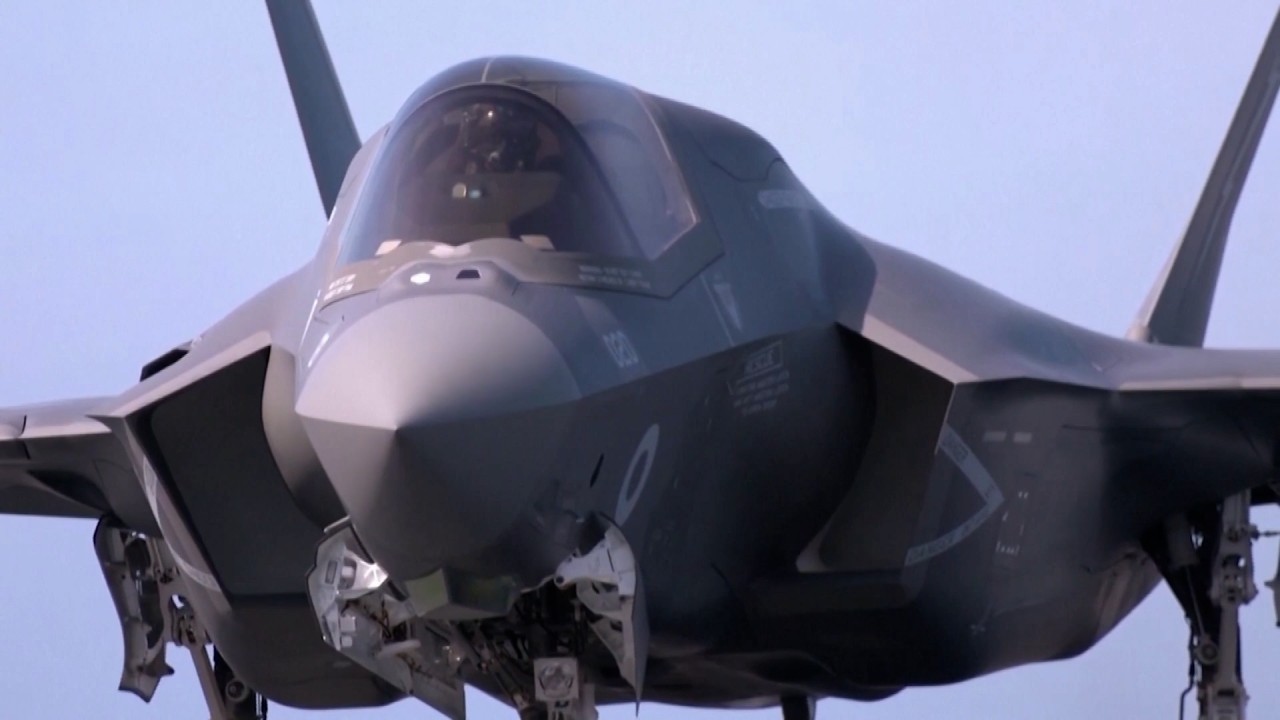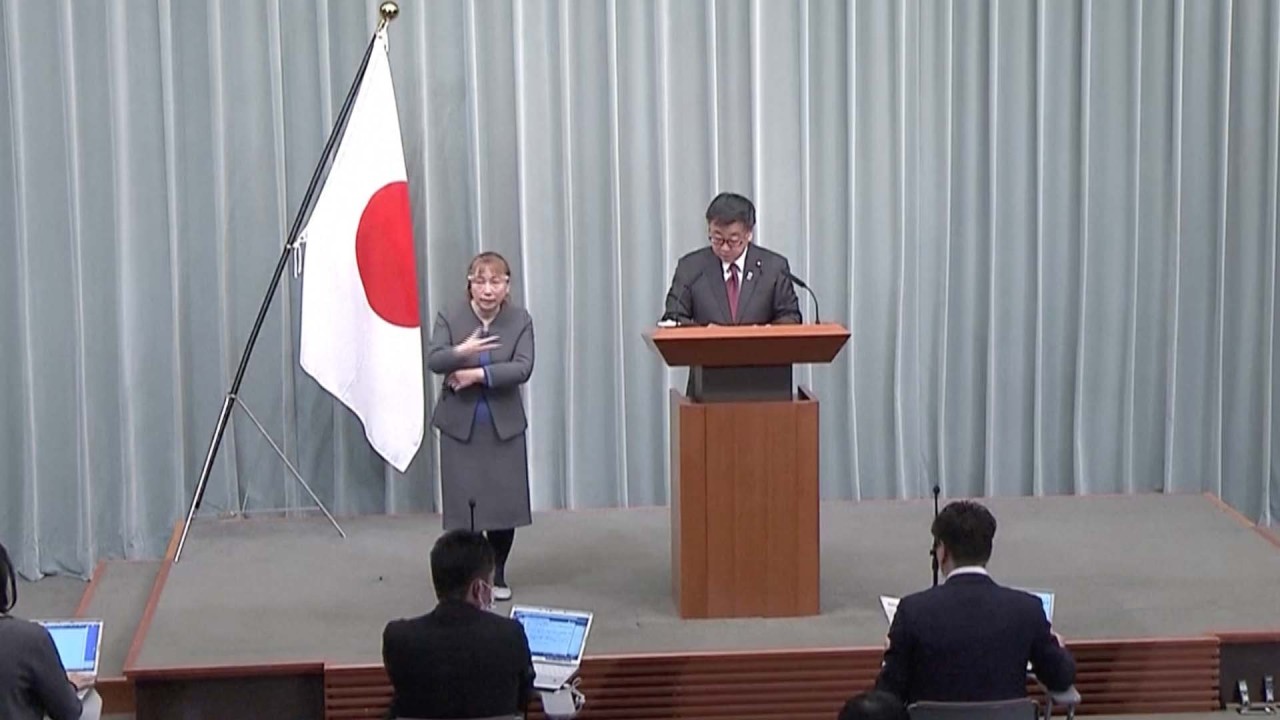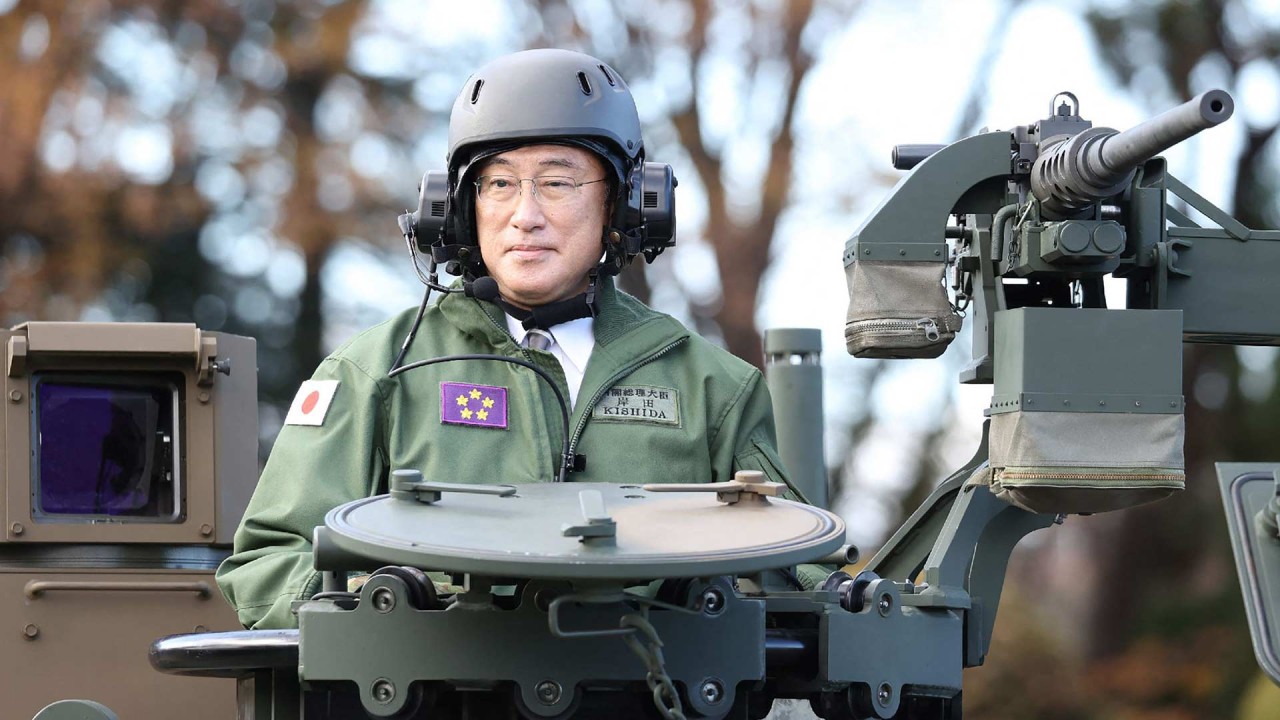
US-Japan alliance restricting vital tech exports to China risks ‘major impact’ on trade, supply chains
- Tokyo and Washington are mulling a multilateral framework to regulate the export of advanced tech to China, according to Japan’s Yomiuri newspaper
- Experts say restrictions would be hard to implement because of potential supply chain disruptions, and risk severe damage to China-Japan trade
An alliance between the United States and Japan to ban exports of sensitive technology to China risks upending trade ties between Beijing and Tokyo and would be “complex” to implement, analysts say, as the global battle for tech supremacy intensifies.
The two countries are also planning to work with allies in Europe on the issue amid heightened concern about Beijing’s military-civil fusion strategy.
The Japanese embassy in Beijing declined to comment on the report.
If the new framework is made, it will have a major impact on Japan-China relations
Lu Xiang, a research fellow in US studies at the Chinese Academy of Social Sciences, said it was difficult to know what form the restrictions might take, but discussions between the US, Europe and Japan would be a certainty this year.
“I wouldn’t be surprised if they are making a huge amount of effort on how to [coordinate] export control, but in reality, it’s very complex because their own companies could see limitations and losses,” Lu said.
Professor Tomoo Marukawa, an expert on China’s economy at the University of Tokyo’s Institute of Social Science, said Japanese Prime Minister Fumio Kishida would tread carefully on the issue of export controls.
“If the new framework is made, it will have a major impact on Japan-China relations as a whole,” Marukawa said. “Relations with the US are of course the top priority in Japan’s policy, but at the same time Japan does not want to antagonise China.”
The US is concerned American technology could be picked up by trade or academic exchanges and put to use by China’s military.
Washington has also been rallying support from allies such as the European Union (EU) and Japan to oppose China’s state-led economic practices and reduce reliance on the world’s No 2 economy for critical products.
China’s answer to Aukus? More rhetoric, more intimidation, more weapons
China’s foreign ministry said on Monday it had expressed stern representations with the US and Japan about the dialogue.
In April last year, Biden and former Japanese prime minister Yoshihide Suga pledged that the two countries would “partner on sensitive supply chains, including on semiconductors, promoting and protecting the critical technologies that are essential to our security and prosperity”.
James L. Schoff, senior director of the US-Japan NEXT Alliance Initiative at the Sasakawa Peace Foundation, believes Japan’s stance on export controls has changed from mainly fulfilling its obligations with respect to international treaties, to paying more attention to issues related to economic security.
“Japan is looking to change rules that will require more licensing for certain hi-tech items and even research,” Schoff said.
It’s difficult to find a measure to restrict China that does not incur any damage to themselves
“That does not mean that exports cannot happen, but it means that the government wants to know more about who is exporting what to whom, and they want to have a say in whether that is OK … in certain cases.”
However, coordination between Japan and US on export controls, reminiscent of the Coordinating Committee for Multilateral Export Controls (Cocom) targeting the Soviet Union and other socialist states during the Cold War, would be very hard to implement in practice, experts said.
China’s industries are deeply integrated in the global supply chain and, as a result, Cocom-style restrictions might not be effective and could trigger severe disruptions.
“I think the damage will be very significant [to the supply chain],” Lu said. “It’s difficult to find a measure to restrict China that does not incur any damage to themselves.”
Schoff said a new framework that was not too restrictive and multilateral in nature would appeal to Japan.
“Japan has an interest in minimising disruption and keeping up its own competitiveness, so there are incentives to participate in multilateral talks on these issues, and we did see Japan limit purchases of Chinese telecoms equipment a few years ago, so it’s not unprecedented,” Schoff said.
“Just not anything that walls off China from international technology trade in any general sense.”
“China is no longer afraid of antagonising Japan, because its reliance on technology imports from Japan is getting less and less,” Marukawa said. “I think if the new framework ostracises China only, an isolated China may become very dangerous.”
“If the items covered by the new arrangement are not so extensive, then the impact will be small,” he said.
“But, according to the report by Yomiuri, even such items as semiconductor manufacturing equipment will be included.
“If so, this will result in significant damage to the exports of the Japanese machinery industry,” Marukawa said.
Existing frameworks such as the Wassenaar Arrangement, which Japan is a member of, already coordinate export restrictions on so-called dual-use technology, which has commercial and military applications, raising questions about the necessity of a new framework targeting only China, Marukawa said.
An economically prosperous China will be less harmful for Japan than an isolated and desperate China
“Maintaining a sound trade relationship with China is important for Japan,” he said. “Japan does not necessarily think that the export of semiconductor manufacturing equipment to China will be detrimental to Japan’s national security.
“An economically prosperous China will be less harmful for Japan than an isolated and desperate China.”
But the two countries remain important economic partners. China is Japan’s largest trading partner and a big buyer of the country’s semiconductor equipment and computer chips, along with its number one export – cars.
About 4.8 per cent of Japan’s hi-tech exports to China were integrated circuits in 2020 – the biggest by volume in the sector – down from 5 per cent in 2019 and 5.3 per cent in 2018, according to Marukawa’s estimates.
Japan’s investment in China is slowing, however. According to data from Oxford Economics, mainland China accounted for 7.5 per cent of Japan’s overall foreign direct investment in 2020, compared to 9 per cent five years ago.
Wang Jisi, a professor at the School of International Studies at Peking University, said both China and the US are looking for allies as geopolitical tension escalates, but attempts to destabilise economic relations are not likely to work.
“China will continue to attract record volumes of foreign investment,” said Wang in a blog post last week.
“As long as the global supply chains connecting companies in the two countries and those in other countries are not severely disrupted, the two economies will continue to benefit from each other.”




